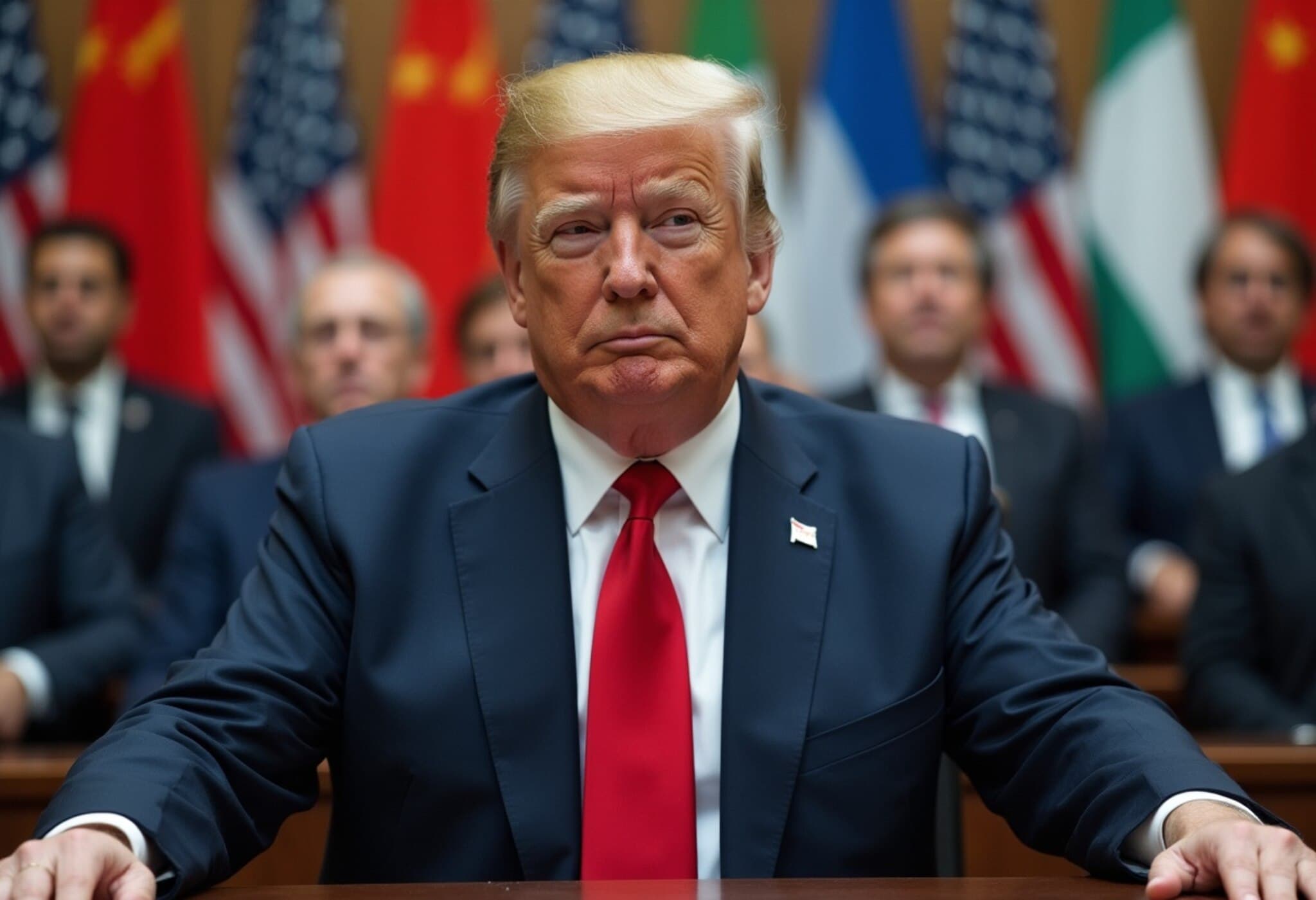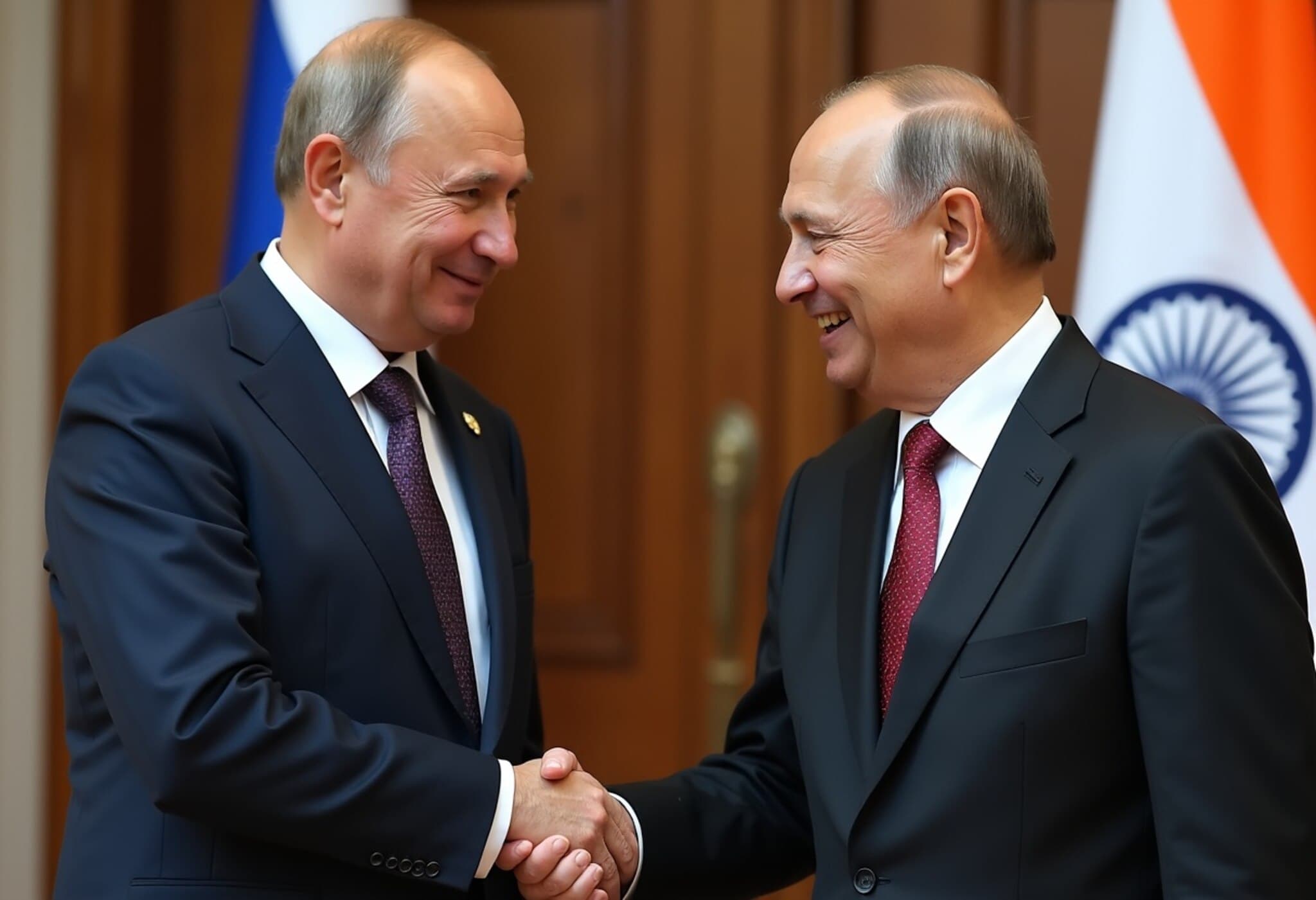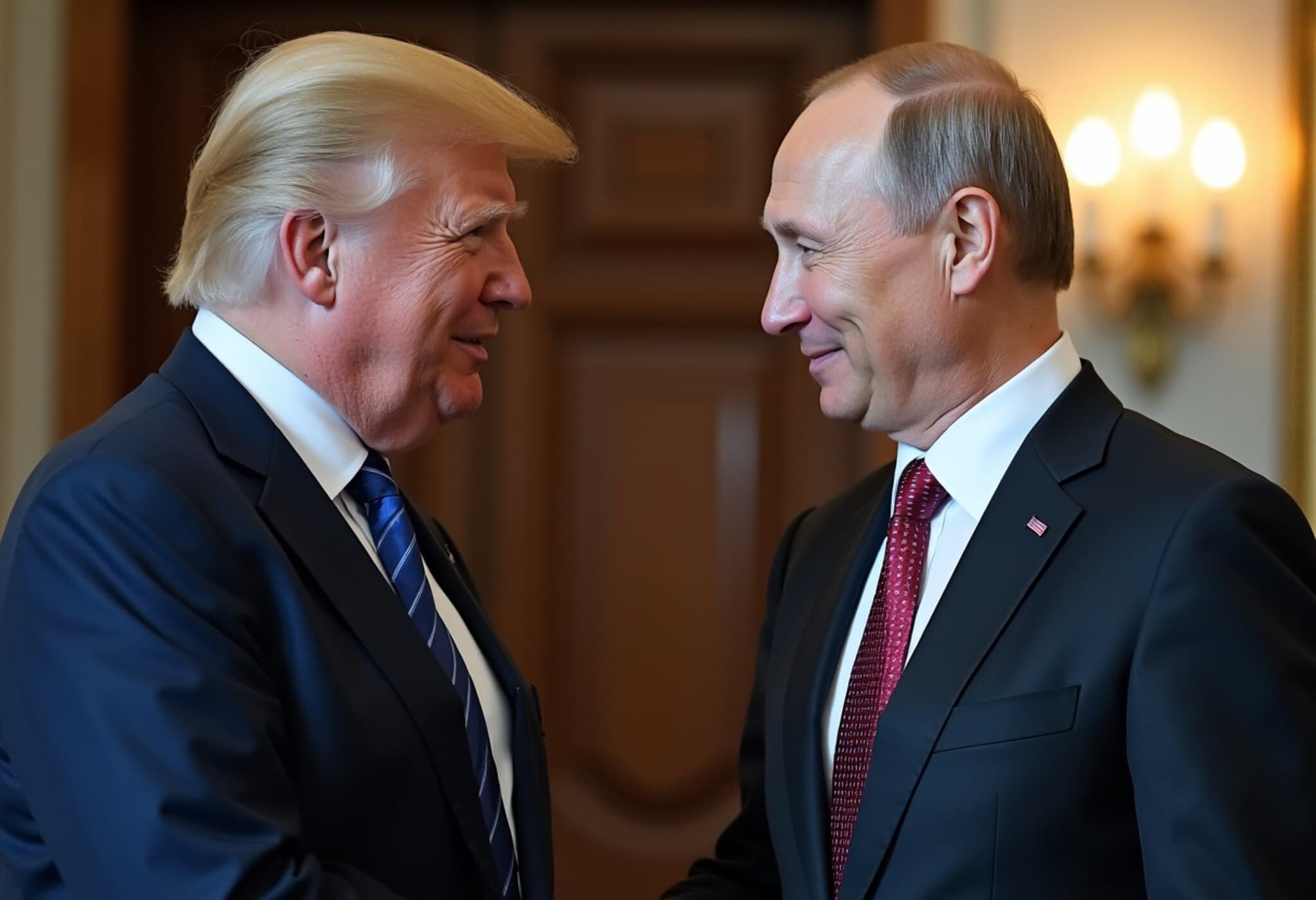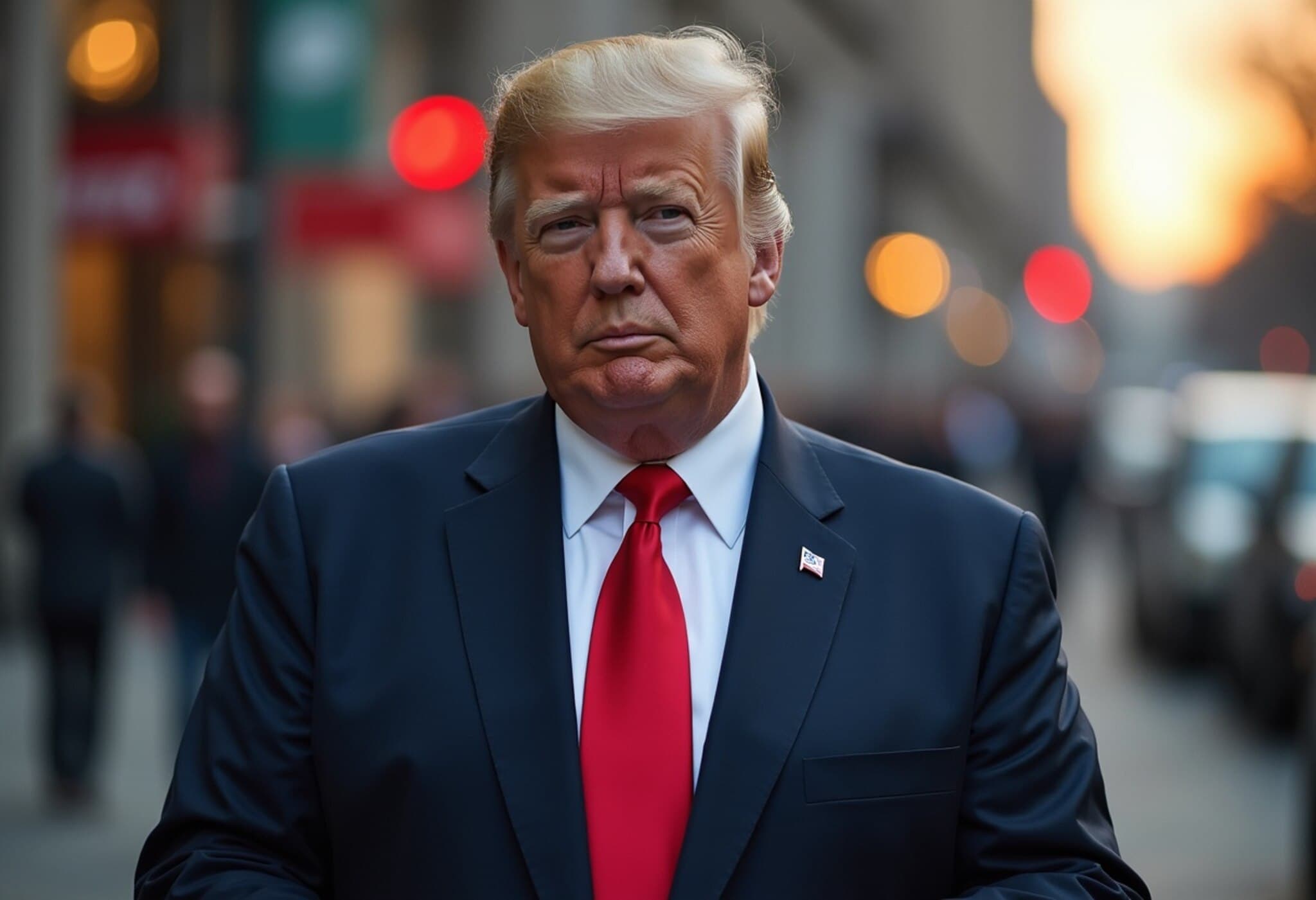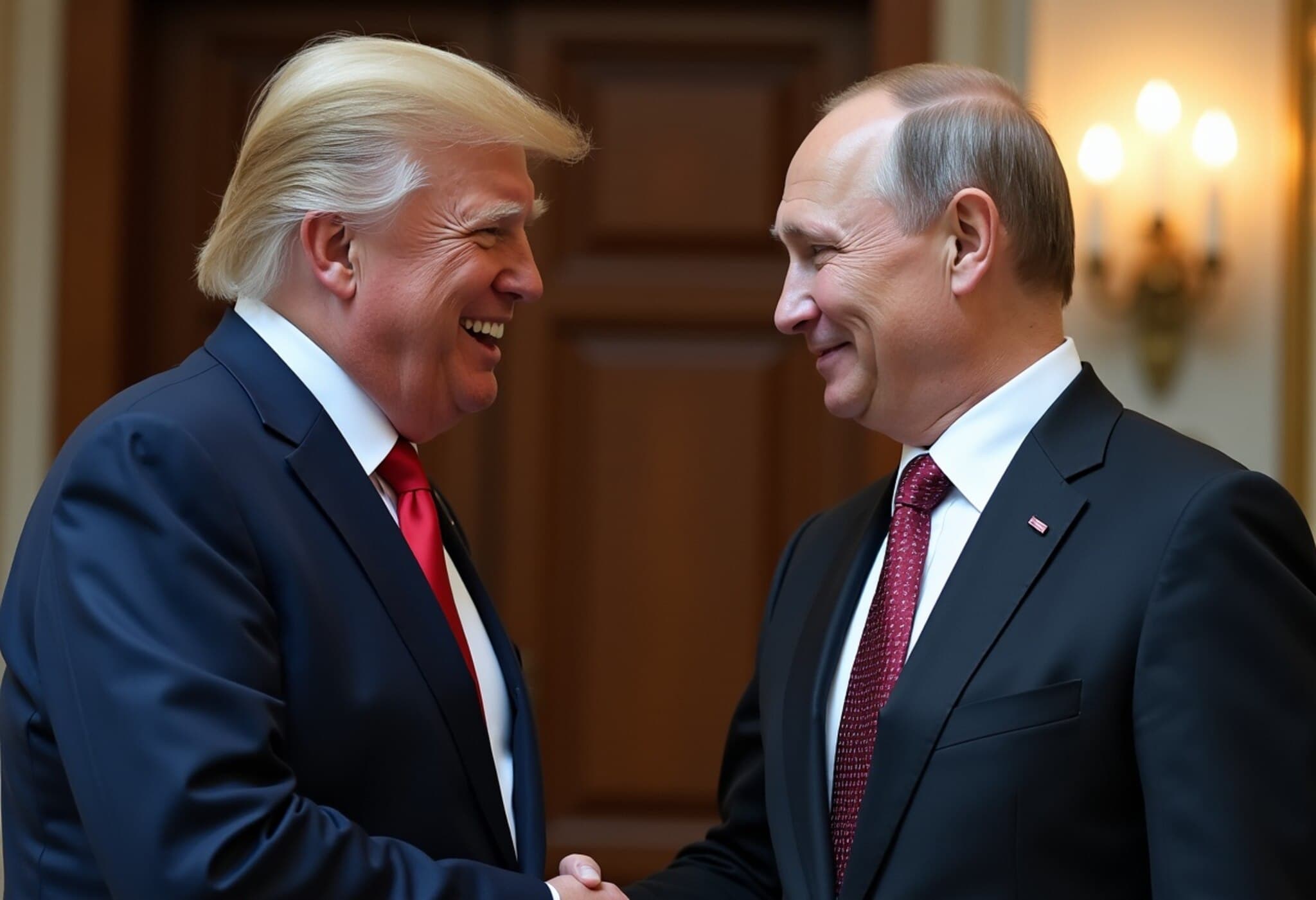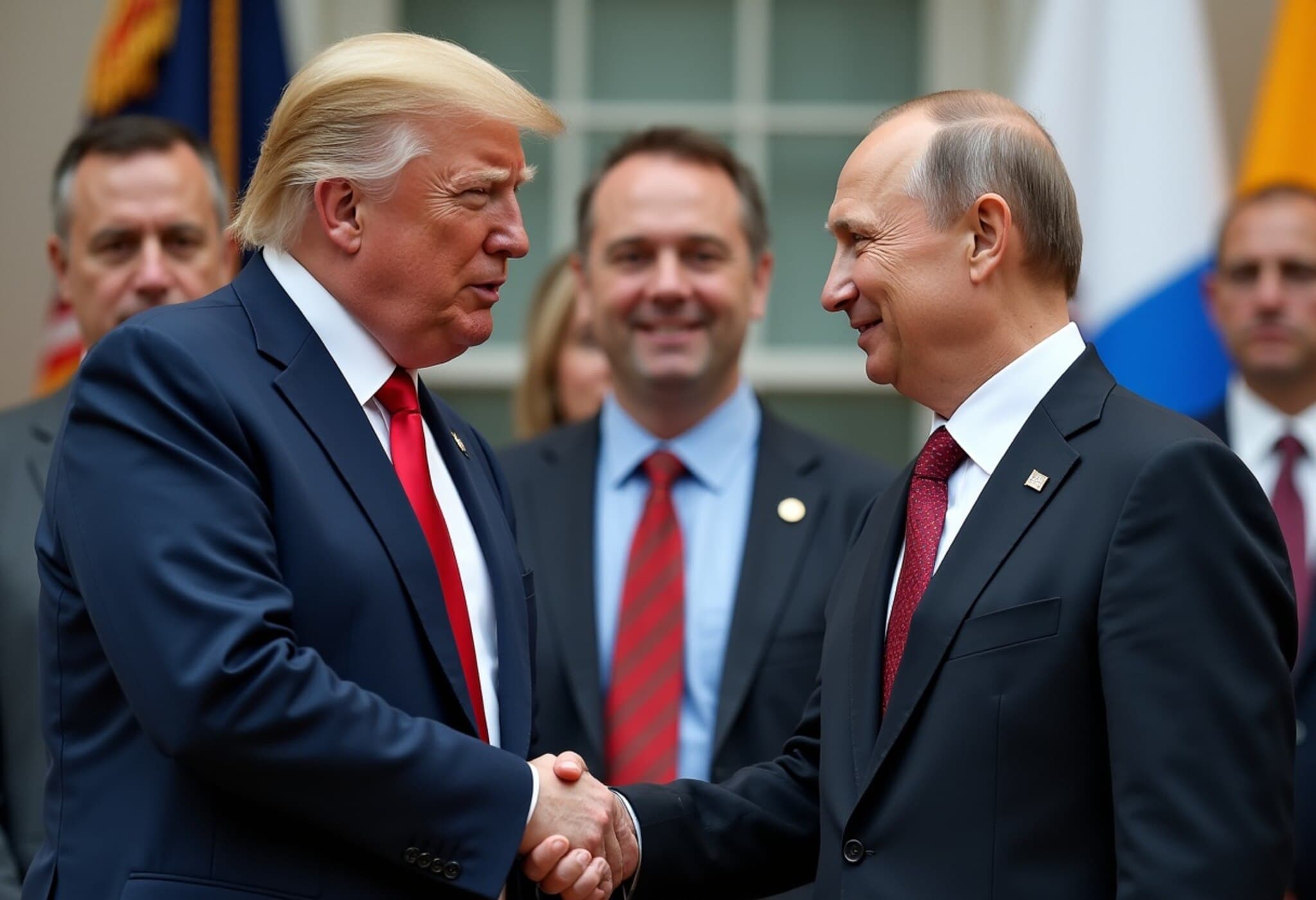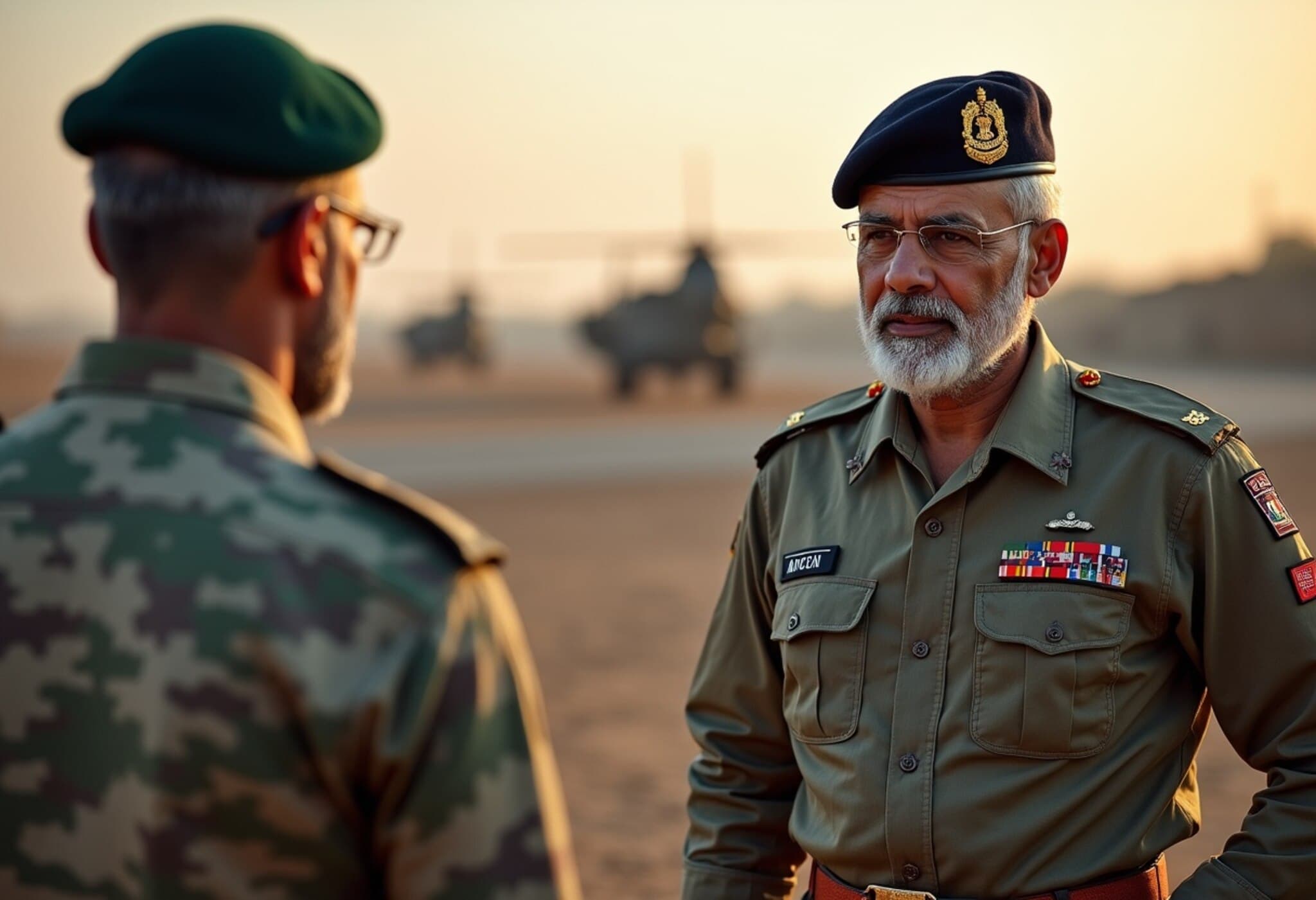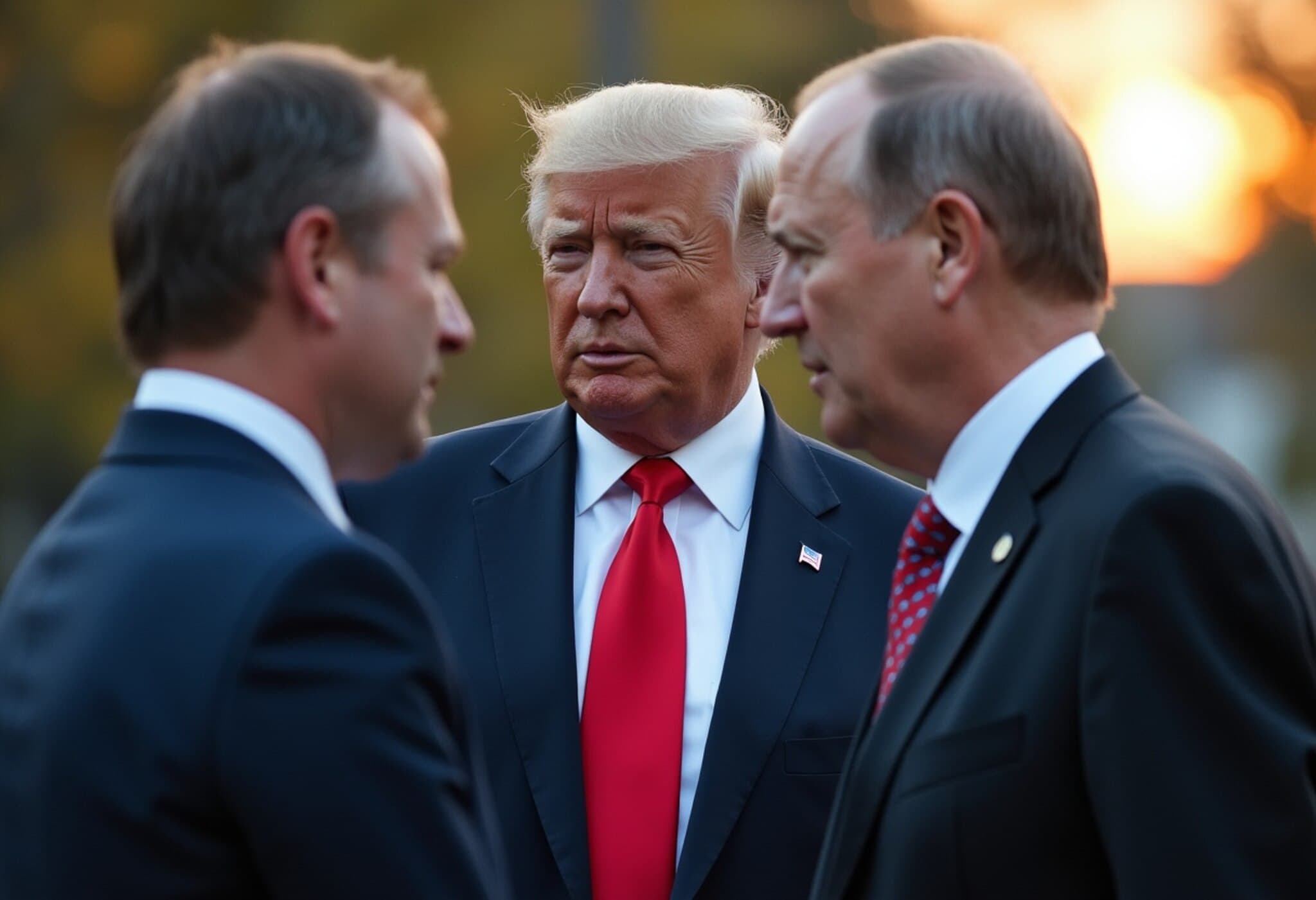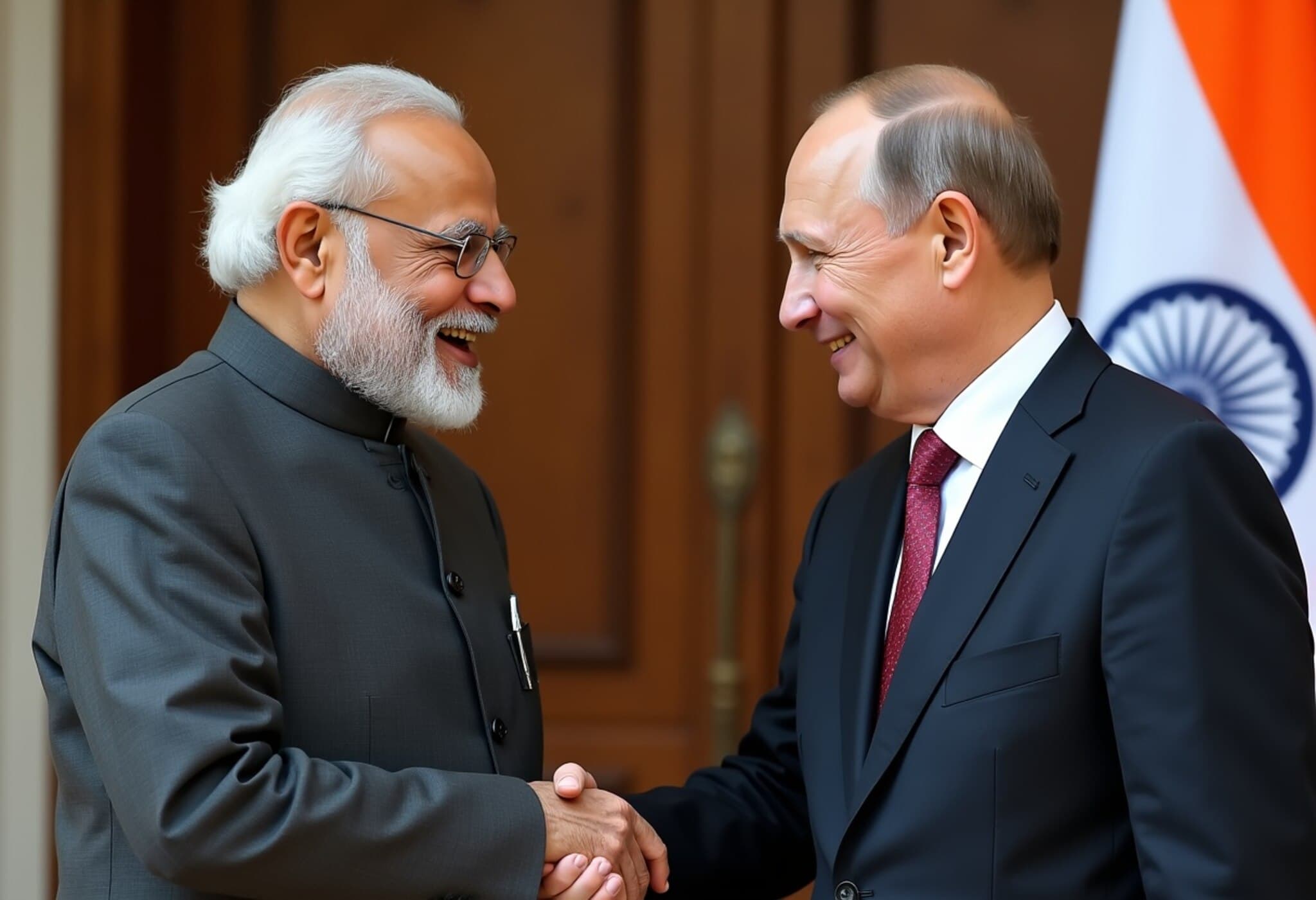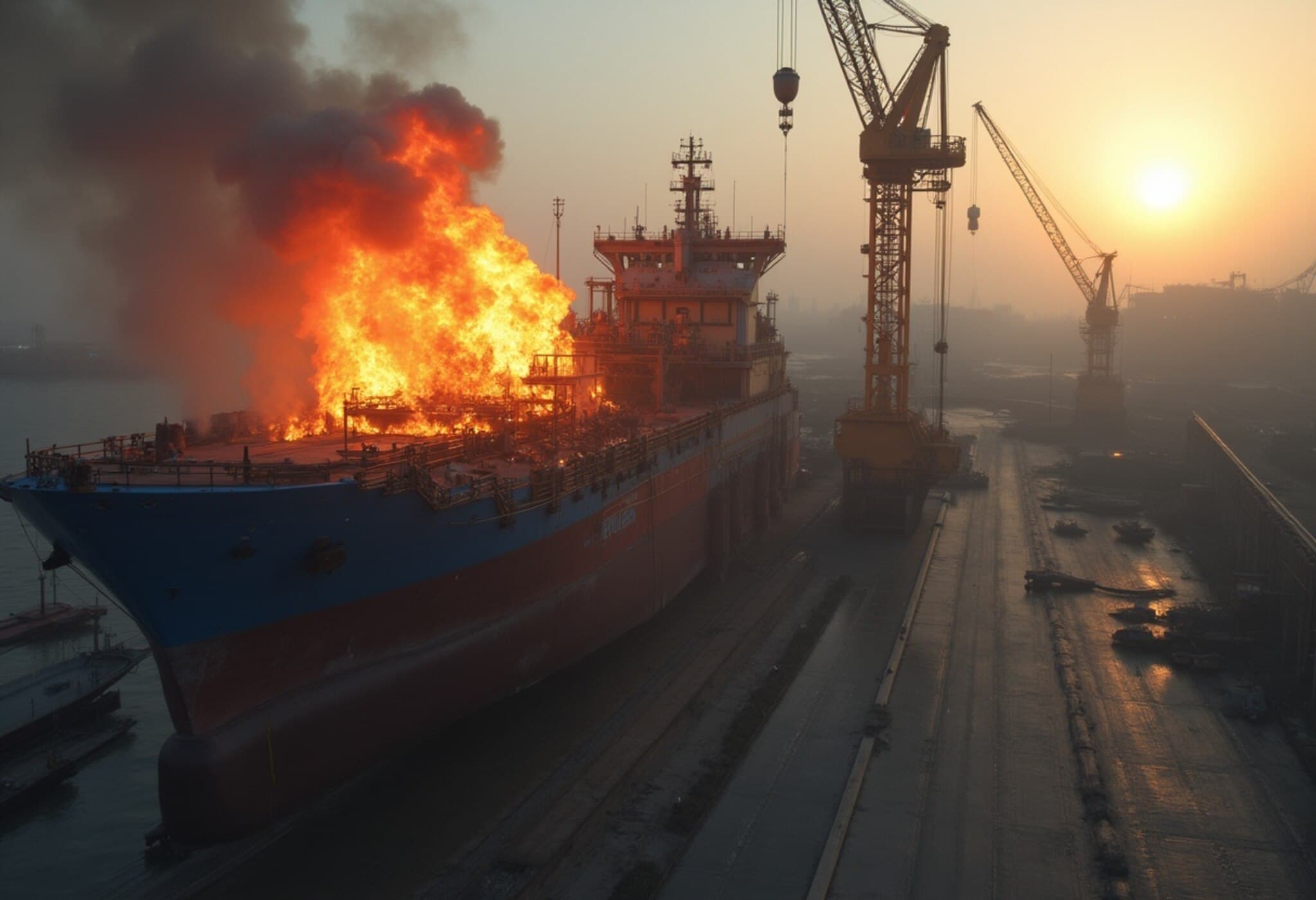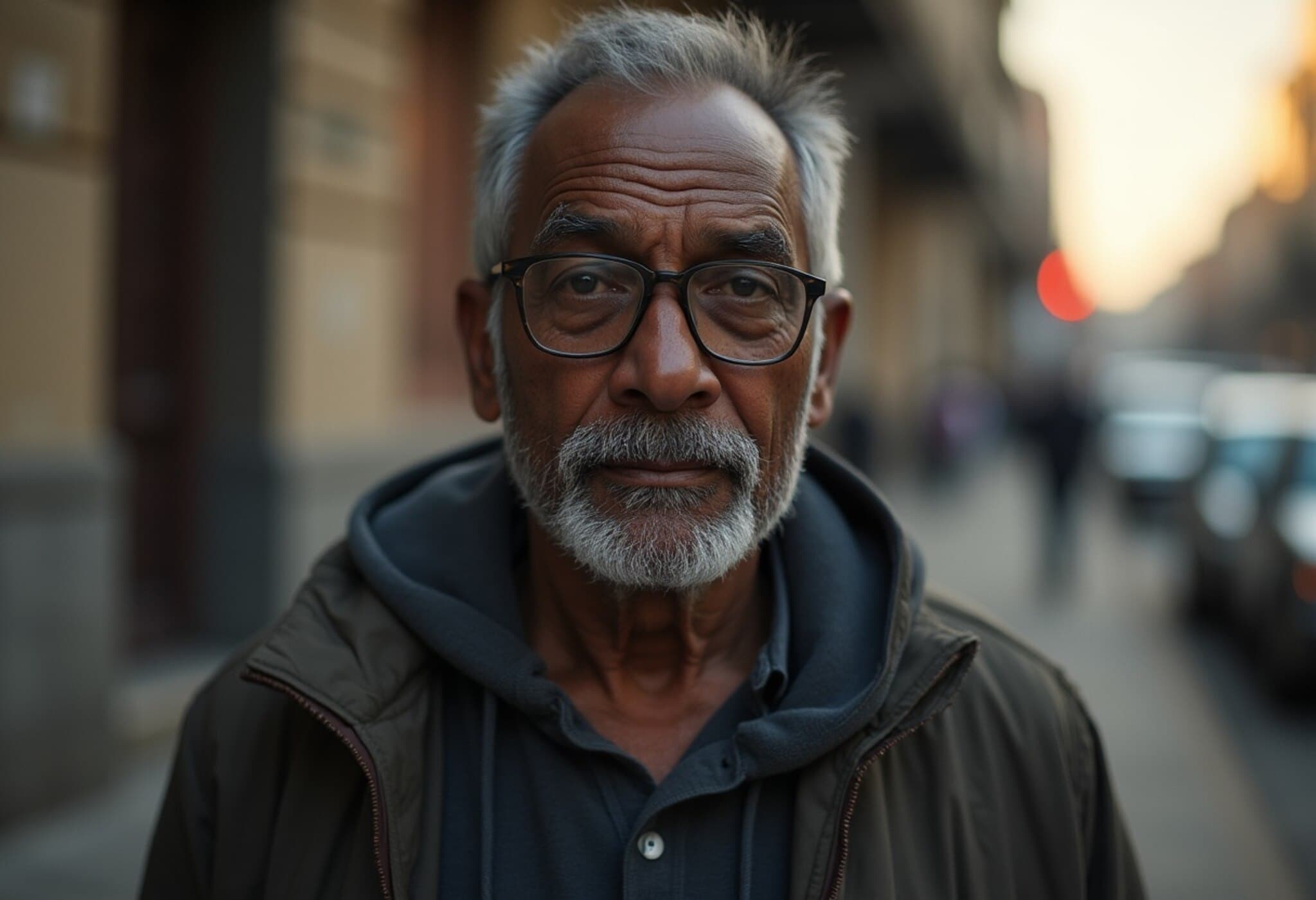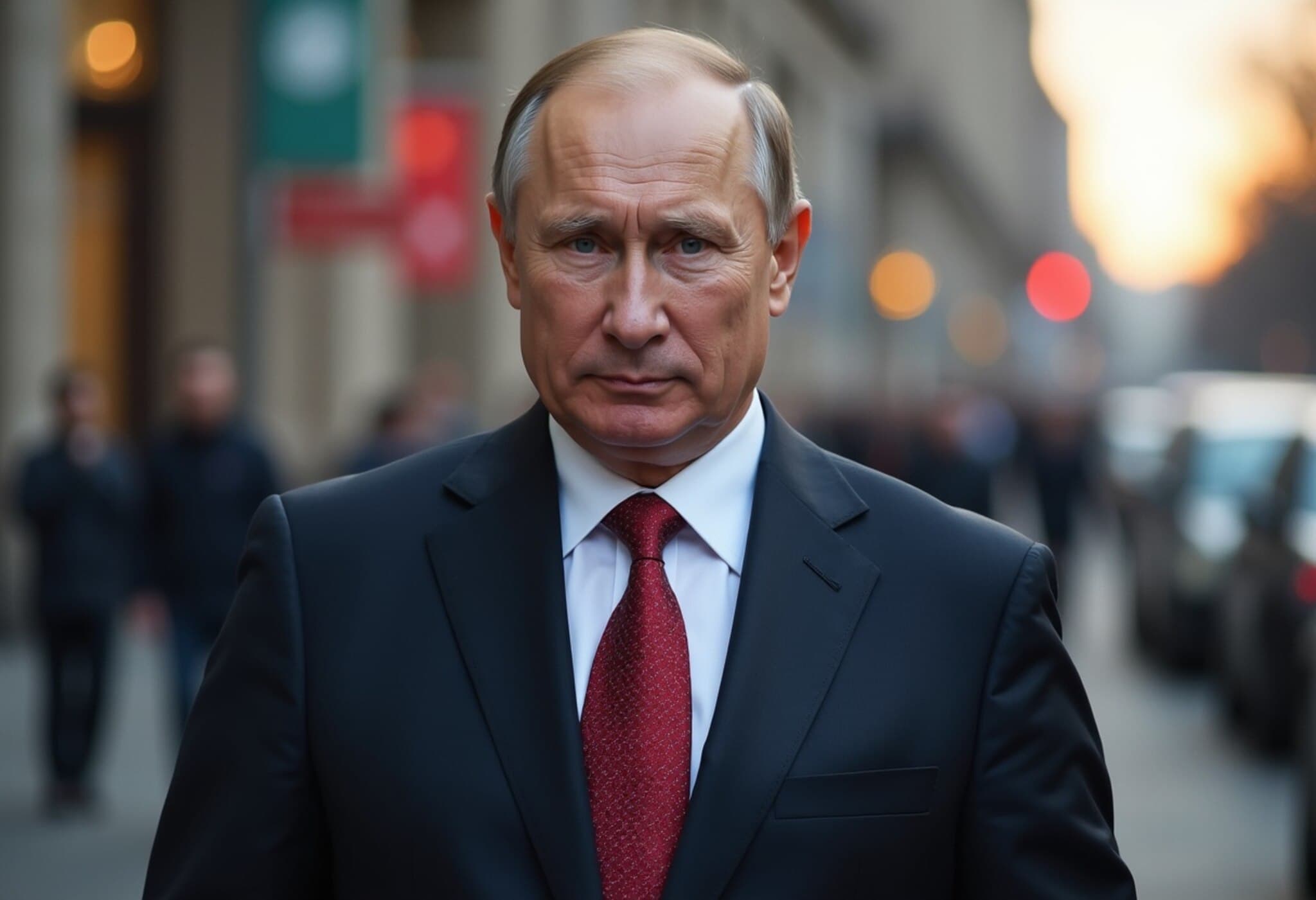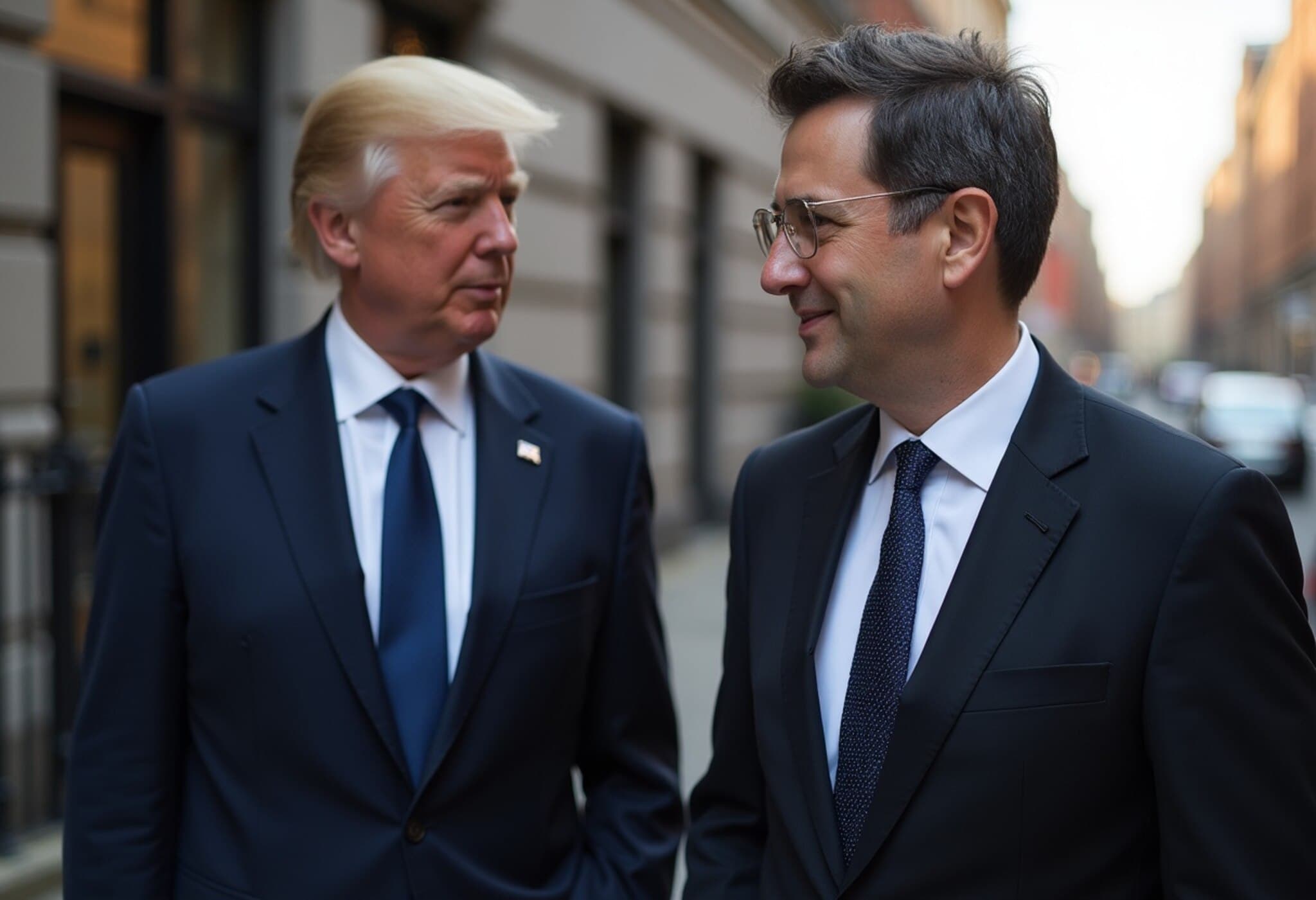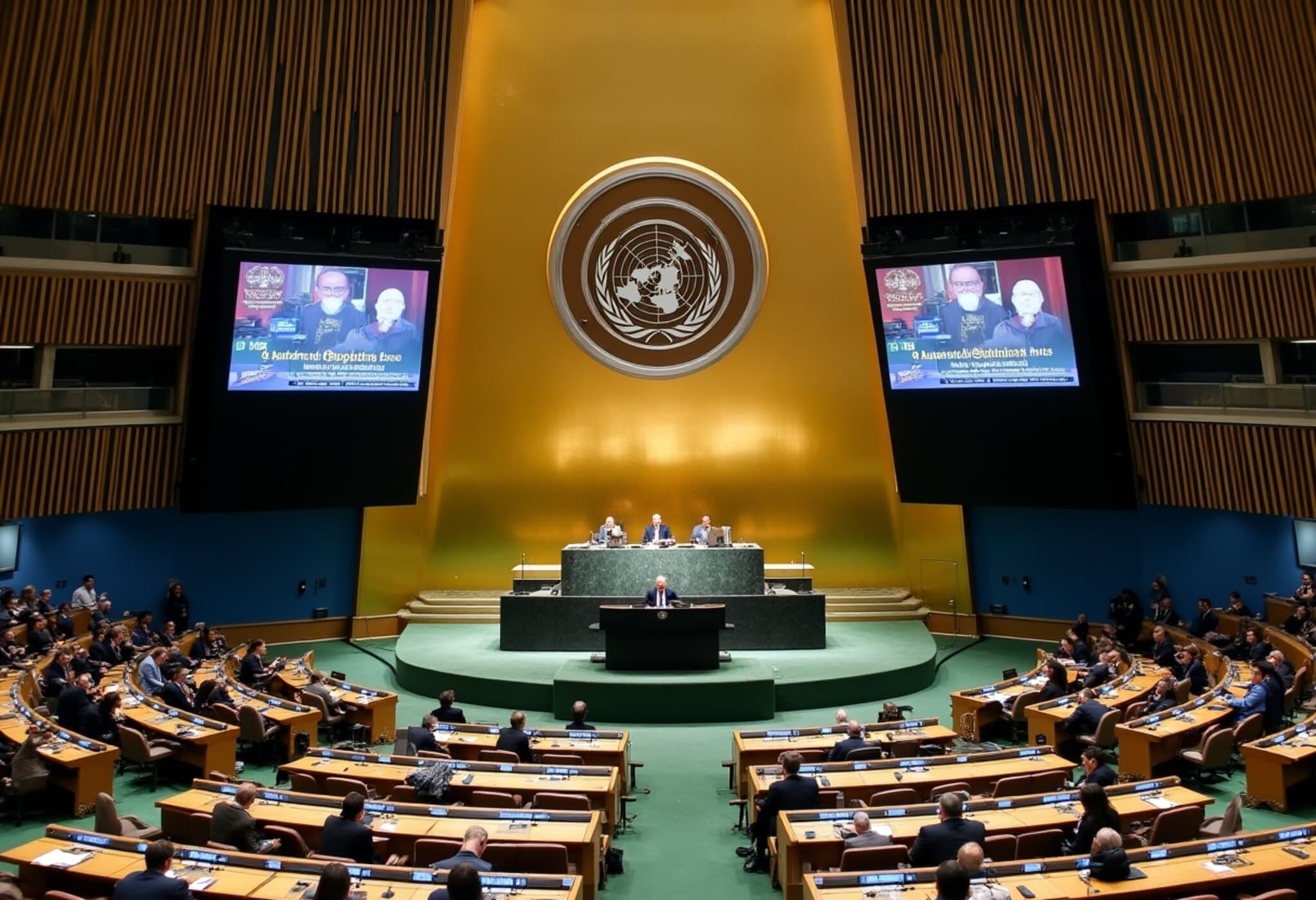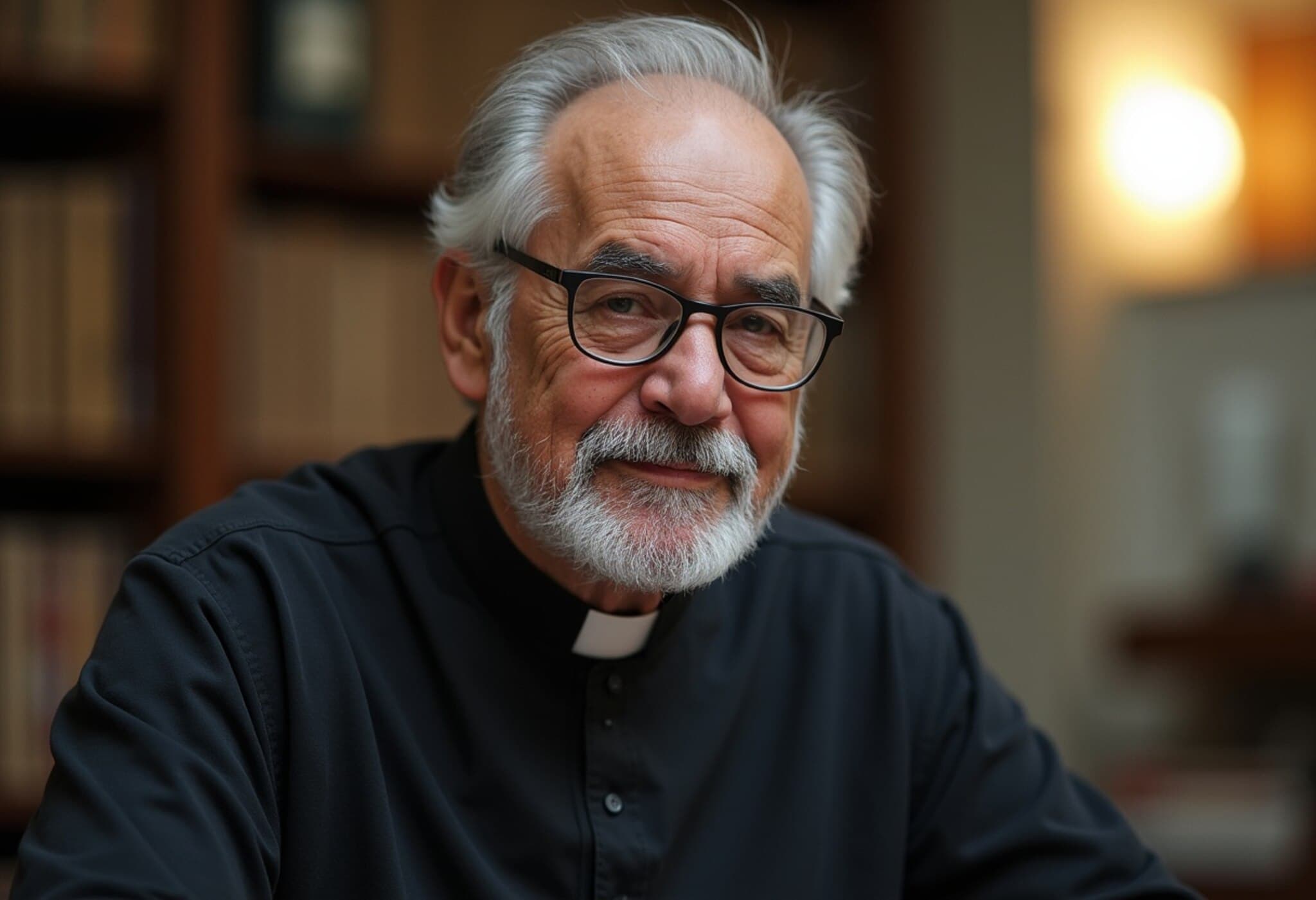U.S. Retreat from the United Nations Opens Door for Authoritarian Influence
In recent years, the United States' withdrawal from key United Nations (U.N.) bodies and significant budget cuts have sparked a seismic shift in global diplomatic dynamics. Once the pillar of U.N. financing and leadership, America’s retreat—sparked during President Trump's administration—has created a power vacuum that nations such as China, Russia, Qatar, and others are swiftly maneuvering to fill. This recalibration threatens to reshape the U.N.’s role, particularly in human rights and labor rights oversight, with implications resonating far beyond New York and Geneva.
Funding Cuts and Political Maneuvering: A Turning Point at the U.N.
When President Trump ordered a sweeping review of U.S. funding and involvement in the U.N. in early 2025, it marked a turning point. The U.S. froze over $1 billion in funding, with plans to slash an additional $1 billion. These funding shortfalls have pressured the U.N. to propose severe budgetary cuts, including reductions in human rights programs and potential office relocations to less expensive locations.
Diplomats from authoritarian regimes have capitalized on this crisis. At a May meeting of the U.N. Human Rights Council in Switzerland, representatives from China, Cuba, Iran, Russia, Venezuela, and Eritrea pushed to limit investigations into government-backed abuses such as torture, unlawful imprisonment, and war crimes. They cited budget constraints, but experts interpret this as a strategic shift to curtail U.N. accountability mechanisms.
A Power Vacuum Beckons New Players
Historically, the U.S. contributed approximately 22% of the U.N.’s $3.72 billion regular budget, in addition to billions for peacekeeping and specialized programs. This financial clout translated into significant influence over U.N. policies and appointments. Yet, as American funding dried up, China and others have stepped forward with new offers: China pledged $500 million to the World Health Organization (WHO), and Qatar proposed hosting offices of the U.N. workers’ rights agency despite intense criticism over its own labor practices.
This overt willingness by countries with checkered human rights records to assume leadership roles raises essential questions about the U.N.’s future integrity. Is the organization at risk of becoming a platform where the powerful shield themselves from scrutiny under the guise of financial expediency?
Relocation of U.N. Offices: Changing the Geography of Power
- Qatar’s proposal to host parts of the International Labor Organization (ILO) could potentially strengthen its sway over labor rights oversight despite historical migrant worker abuses.
- Rwanda’s bid to establish a “long-term U.N. campus” follows a troubled regional record, including alleged complicity in human rights violations in neighboring Democratic Republic of the Congo.
- Relocating offices from New York and Geneva to cheaper locations is seen as a cost-saving measure but risks diluting U.S. influence and expanding host countries’ leverage.
Human Rights and Humanitarian Aid: At Risk Amid Budget Battles
Budget constraints are not just abstract numbers; they translate into fewer investigations into war crimes, reduced monitoring of torture, and scaled-back refugee support. Volker Türk, U.N. High Commissioner for Human Rights, warned that financial cuts could halt inquiries in conflict zones like the Democratic Republic of Congo and limit the monitoring of widespread abuses globally.
The U.N. refugee agency (UNHCR) faced a sudden freeze on U.S. contributions, leading to potential aid cuts affecting millions. Similarly, the World Food Programme estimates that up to 16.7 million people could lose food assistance due to funding shortfalls, exacerbating humanitarian crises around the world.
Meanwhile, European allies have resisted filling the American funding gap, partially due to demands from Washington for cost-sharing reforms. Although China has increased its funding to some agencies like WHO, their contributions pale in comparison and come with their own geopolitical strings attached, complicating the humanitarian landscape further.
Loss of American Soft Power and Influence
For decades, the U.S. leveraged its position in U.N. agencies not just through funding but via strategic advocacy, influencing leadership elections and policy decisions. A notable example was the election of an American as head of the International Telecommunication Union (ITU) in 2022, which helped guide policies aligned with U.S. technology firms.
However, the present environment paints a different picture. American attempts to block China's bid to host critical telecommunications conferences in 2027 failed, signaling diminished diplomatic sway. As Washington distances itself from multilateral engagement, Beijing advances incrementally, gaining ground even with comparatively modest financial outlays.
Expert Insight: The Irony of Power Shifts
Richard Gowan, director of the International Crisis Group’s U.N. program, notes, "The irony is palpable: China does not need to make grand strides to expand its influence because the U.S. stepping back effectively amplifies Beijing’s relative power.”
This power shift has deep implications for global governance, signaling a potential era where authoritarian states dictate norms and oversight mechanisms that once aimed to uphold universal human rights.
Looking Ahead: Challenges and Questions
As the U.N. General Assembly convenes, the international community faces a pivotal question: Will the United Nations remain a bastion for human rights and global cooperation, or will it morph into a playground where autocratic states rewrite rules to their advantage?
American policymakers and global stakeholders must grapple with the consequences of reduced engagement. Effective multilateralism requires not only funding but sustained diplomatic leadership—without which the world risks undermining decades of progress in human rights protections and humanitarian efforts.
Editor’s Note
President Trump’s decisive withdrawal from U.N. partnerships has illuminated vulnerabilities within the international system. While budgetary discipline is important, so too is the commitment to preserving a multilateral order that safeguards human rights and global stability. This unfolding shift raises pressing questions: Can the U.N. maintain its mission in the face of financial and political pressures? How will the rise of new patrons affect its credibility? And what role should the United States play moving forward in shaping the future of global governance?
The world watches closely as diplomatic chess pieces move across the international stage—ultimately, the answer will shape the trajectory of multilateral cooperation for decades to come.

